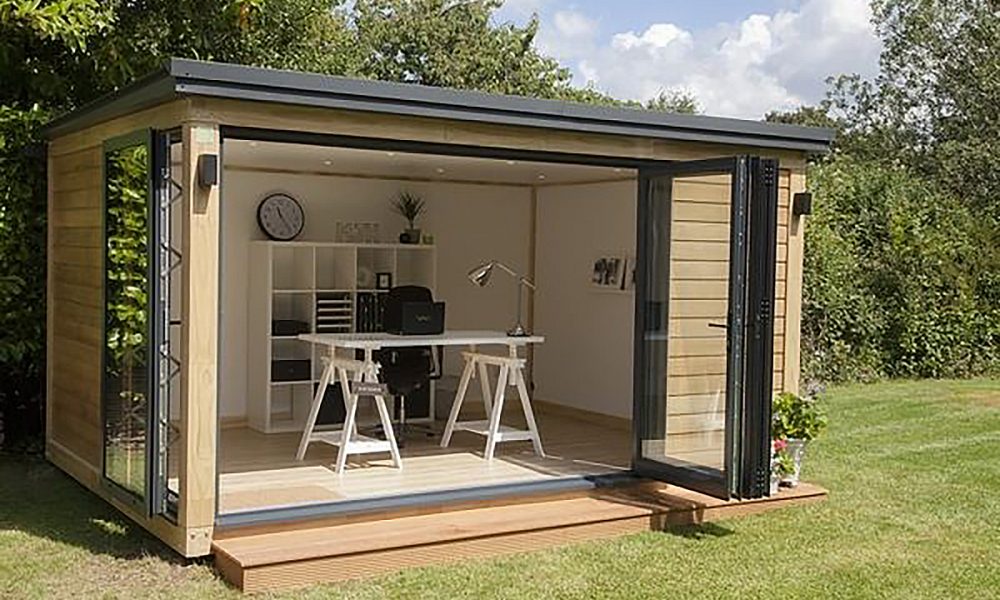As life changes, so do our storage requirements. That old kayak, the seasonal decorations, the growing business inventory—these items can quickly overrun basements, closets, and garages. When space runs out, many confront the dilemma: invest in a backyard shed, or rent space at a self-storage facility? Understanding the financial tradeoffs and value of each option is crucial if you want your storage solution to truly fit your lifestyle and budget.
Evaluating Costs: Upfront vs. Ongoing
At first glance, renting a storage unit appears appealing due to its low upfront commitment. National averages place monthly storage unit rental fees between $60 and $180, depending on size, location, and whether it’s climate-controlled. On the other hand, quality backyard sheds typically involve a notable upfront investment—in the ballpark of $1,500 to $4,000 for commonly sized units. However, prices can run higher for premium models or custom installations. The catch? While renting keeps payments small month-to-month, those costs accumulate over time and deliver no ownership, equity, or value back to your property.
For instance:
- Renting a 10×10 unit for $110/month adds up to $1,320 per year. In five years, that’s $6,600 spent—enough to purchase a high-quality shed with money left over.
- If you move or no longer need the storage, you stop paying—but also lose access immediately, and have no lasting asset.
With a shed, the higher initial investment pays you back over time. Once paid off, you enjoy ongoing storage without additional costs (beyond minor upkeep), and your property’s value and curb appeal may increase as well.
Convenience, Security, and Access
Your own backyard shed provides the ultimate in convenience. Need a tool or holiday decor? Retrieve it anytime, day or night, without a drive or paperwork. Sheds can be outfitted for workshops, home offices, or hobbies, going far beyond their simple storage function.
Renting a storage unit offers some advantages if you value off-site security and don’t want structures on your property. Top facilities offer climate control and strong security protocols, but you’re often limited to posted hours, and spontaneous access can be inconvenient.
Customization: You’re in Control with a Shed
With a shed, you choose the layout, style, size, and upgrades—windows, doors, built-in shelving, electricity, and more. This flexibility allows the structure to evolve with your needs or become a creative backyard escape. In contrast, storage units have fixed sizes, layouts, and rules limiting how you use the space.
Which One is More affordable
Is it cheaper to buy a shed or rent a storage unit? The simple answer: It depends on how long you’ll need extra storage, your budget, and lifestyle. For short-term needs (a move, renovation, or gap year), storage units have the edge—lower upfront costs, zero commitment, and ideal for 6 to 18 months. But if you expect to need space long-term (multiple years), buying a shed is significantly more economical. After two to five years, accumulated rental fees often exceed the cost of purchasing a shed, especially when accounting for rising unit rental inflation each year.
As a bonus, owning a storage shed means you never pay another monthly bill for
storage—those savings add up quickly, and you gain permanent, on-site access.
Additional Factors to Consider
- Property value: Sheds, if well-built and maintained, can increase home appeal. However, installation may require permits or HOA approval.
- Maintenance: Shed owners are responsible for upkeep, repairs, and pest management. Storage units handle all these tasks for you.
- Security: Higher-end sheds with locking hardware can be very secure, but may not offer the same level of monitored surveillance as premium self-storage facilities.
- Weather Protection: Modern sheds, especially those from the top metal building insulation companies, protect contents from extreme heat, cold, and moisture. Still, premium climate control is more common with storage units.
- Location: In crowded urban areas or condos without yards, self-storage may be the only practical option.
Both sheds and storage units offer valuable solutions, but their cost structures and convenience profiles diverge over time. For those with long-term needs and sufficient yard space, purchasing a shed typically offers unbeatable savings, immediate access, and lasting value. For temporary or highly sensitive storage, or when property limitations exist, renting may be the right choice.
Ask yourself how long you’ll need storage, the importance of access, and whether you want to build equity with your investment. When in doubt, run the numbers for your exact scenario—or consult resources from the best shed providers and the top metal building insulation companies to ensure you get maximum protection and value.

